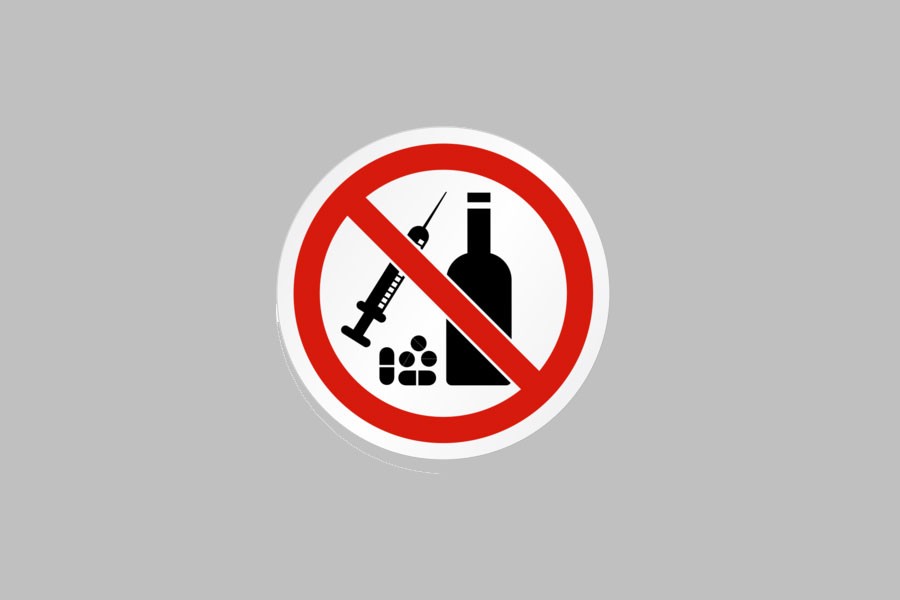The latest move by the government to set death penalty for certain drug offences is a clear demonstration of its zero tolerance policy on narcotics. With the inclusion of methamphetamine popularly known as yaba, the Narcotics Control Act 2018 has been adequately teethed to provide further momentum to the war already waged since May last on the pill's unrelenting spread all across the country. In the on-going anti-narcotic campaign, thousands of drug traders have been arrested and a good number of them killed in alleged encounters with the law-enforcement agencies. Yaba has been specially focused during framing of the law because of its limitless supply. The more its consignments are hauled by law enforcers, the more its availability at the field level. To stall the frightening spectre of addiction of the substance by the young population, the government could not help adopting a zero-tolerance policy not only on this drug but also on similar other A-category illegal substances. The authorities in their briefing of journalists claimed that the new variety of substance called 'khat' has also been included in the legal provision - although in which category is yet to be known.
It is a fact that Bangladesh has long been used as a smuggling route of drugs and gold. Both these are hauled in large quantities and on a regular basis. Yet the illegal activity is unstoppable. Such consignments carry huge premiums on them simply because notwithstanding the risks involved, if those precious parcels can be channelized to the destination, the monetary reward is huge. Phensedyl and yaba present a completely different dilemma for Bangladesh because produced in neighbouring countries, these substances have used this country mostly as a destination. By doing so, these drugs have turned a large segment of a whole generation of population addict here.
Colombia in Latin America, the Philippines in South-east Asia have badly suffered on account of drug invasion. In both countries the authorities have dealt with the problem on a war footing. Bangladesh also has no other choice but to be equal to rooting out this destructive trade and addiction. The prime minister's avowed goal is to make this country free of this bane. At a time when death penalty is derided almost the world over, a few countries have not budged in order to fight some heinous crimes. When the severest of punishments awarded in advanced countries fail to act as a deterrent in not so advanced a country, the choices are indeed limited.
However, the categorisation and the mention of specific amount of narcotics for awarding punishments of varying degrees look somewhat intriguing. If someone is found with less than 5.0 grams of certain drugs and another with less than 25 gm of another variety, the offence committed by the two will carry the same punishment. Why is this? An offence is an offence -its seriousness cannot be determined by the amount in possession. It may be a technical point not all laymen will be ready to appreciate. What is important here is not to leave any legal loopholes through which the criminals find an escape route and dishonest officials can abuse those for lining their pockets leading to miscarriage of justice.


